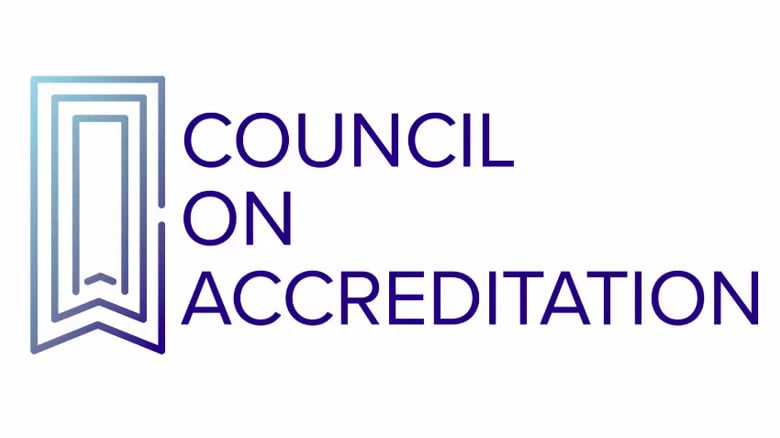The Infant, Toddler, and Early Childhood Community Group invites you and your staff to participate in this wonderful training opportunity at no cost to you!
Life is challenging. When working with families who have young children and are experiencing hardships, it is difficult not to experience compassion fatigue and secondary trauma. We wanted to bring a training to the Tulsa community that supports all different sectors from education, child care center, health care systems and the therapeutic programs.
Please join us in learning more about Components for Enhancing Clinician Experience and Reducing Trauma (CE-CERT)
The negative effects of being exposed to the retelling of–and images of– childhood trauma—are well known in the field of secondary trauma. Most approaches aiming to lessen the effects of secondary trauma employ self-care strategies for “recovering from” the effects of exposure in the off-duty hours. In contrast to this self-care approach, the CE-CERT model (Components for Enhancing Clinician Experience and Reducing Trauma) synthesizes evidence-informed components from multi-disciplinary sources into a model which helps sustain the emotional regulation of the clinician (Miller & Sprang, 2016). Implementing these skills results in: the enhancement of the real time experience of the therapist as they provide [trauma treatment] services; and promotes immediate recovery after a difficult experience. The goal is to define specific ways of sustaining trauma workers as they perform services to their communities.
Overview of the Model will include a portion of this: The CE-CERT model identifies five key clinical practice and supervision skills that will be described in this session. We will also reference the foundational source of the relevant literature from which they are drawn. These are the skills we need to make ourselves more resilient to the secondary effects of intense helping experiences: 1) skills for engaging and “metabolizing” intense emotions; 2) skills for decreasing rumination; 3) conscious oversight of narrative; 4) reducing emotional labor, and 5) parasympathetic recovery. This session is for those providing clinical and direct helping services and supervisors.
Learning Objectives
Participants will be able to:
1) Increase awareness of how developing experiential engagement around negative emotions plays a role in job satisfaction;
2) List five key skills for managing intense affect and reducing post-work agitation;
3) Describe how intense negative feelings can be “metabolized” so they do not produce negative and long-term effects;
4) Commit to one or more key strategies that will change the participant’s way of engaging their work when they return to direct service activities.
CLICK HERE to download the enrollment form.





